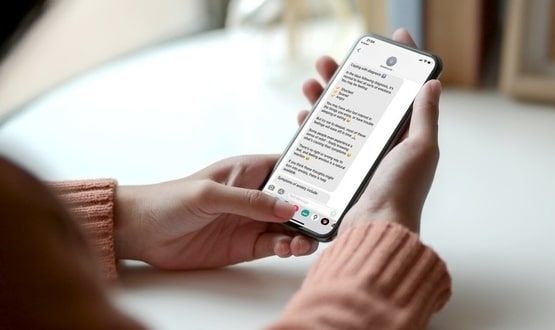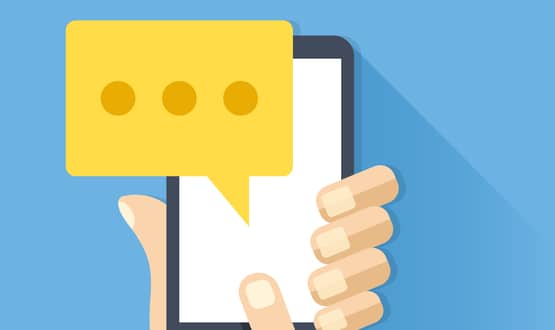Mobile monitoring system developed for carers
- 4 February 2008
Crown Computing has developed a new monitoring system, using Near Field Communication technology, which allows carers to notify their authority as to which patient they are with.
Near Field Communication or NFC, is a short-range high frequency wireless communication technology which enables the exchange of data between devices over about a decimeter (100mm) distance.
Crown’s new Homecare Monitoring system will allow supervisors in control centres to be made aware in real time that carers are arriving on time at each of their planned visits.
The real time data is captured using a mobile phone issued to each carer, and a contact free chip card or tag located at the service user address.
Should a carer be late for a time critical visit, Crown’s system will generate an alert to inform the supervisor who can then investigate and put a contingency plan in place if needed.
John Moody, a consultant at Crown, told E-Health Insider: “The software will ensure that carers arrive and depart their allocated visitations at the right time. Armed with a NFC enabled mobile phone, the carer can scan a device, probably concealed in a small adhesive label stuck on the patient’s individual care record folder, and inform their supervisors that they are with the patient. They can also update the electronic patient record over the mobile using GPRS technology and so on.”
Similar software is already being piloted by Transport for London, where travellers are using a chip implanted in a mobile phone in place of an Oyster card, scanning it on the card pads on entrance and exit.
Mike Hawkesford, managing director of Crown Computing, said: “At each visit the carer’s mobile phone reads the client’s card or tag using a simple ‘swipe’ motion to send the start and end time of each visit back to the system database in real-time.
“This has a number of advantages for the service provider; there is confirmation in real time that the person being cared for is receiving the care they have contracted to provide and from a health and safety perspective the system is providing up to date information about the whereabouts of each carer.”
He added: “In addition any unexpected staff changes or delays can be identified quickly, better managed and communicated to the client – whilst the use of the mobile phone to ‘register’ the carer’s time is less intrusive than existing methods involving dialling a number from the client’s land line telephone.”
It is anticipated that the data captured from the system could be used to trigger payments to staff members and invoices to local authorities, as well as costs to be correctly allocated and recharges appropriately attributed, eliminating the need for the carer to fill in manual timesheets – saving time and reducing errors.
Moody said: “With the phone, as well as notifying supervisors which patient you are with and for how long, we want to interface with record systems so that over the mobile phone, carers can record what they are doing with their patients using drop-down menus over a GPRS network.
“We are now talking with our local authority clients and are looking to find pilot sites to see how easy it us for us to introduce this technology and bring about real time service delivery management for home care providers.”
Link




